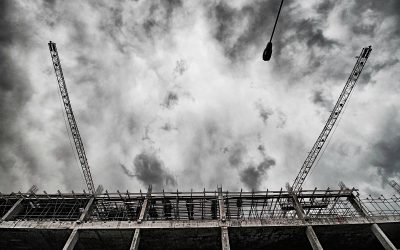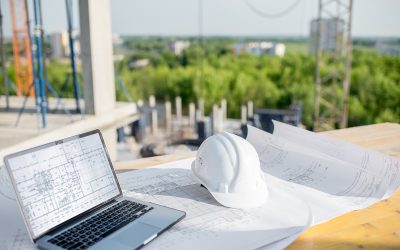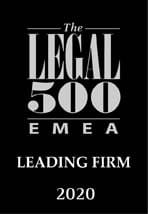CONSTRUCTION PAPERS
Construction law blog of CERHA HEMPEL
This is the blog of the Construction Team dealing with construction matters and disputes in Cerha Hempel Dezső and Partners. Our colleagues regularly publish on civil and construction law issues of great interest, which are recurring significant problems for businesses in the construction industry. The materials published here do not constitute legal advices, we can only give them in individual cases. However, our easily understandable analyses can still help you manage risks effectively: avoid avoidable litigation, and prepare for unavoidable lawsuits.
Regulatory Map – for a Maze of Decrees
The purpose of this article is to provide a “regulatory map” as a guide to the current status of various decrees that have been authorised by the PWA and the HAA.
The New Construction Act – Part VIII
Forward-Looking Changes in Zoning Rules: TÉKA to Take OTÉK’s Place
The New Construction Act – Part VII
In this article, we take a look at the requirements that apply to buildings, as well as technical construction guidelines and the general requirements for construction products.
The New Construction Act – Part VI
Rules on electronic construction logs, maintenance logs and maintenance obligations modified as new actors enter the stage
The New Construction Act – Part V
This article takes a closer look at key changes in certain regulatory procedures, including the simplified notification, the occupancy certification and the regularisation procedure.
The New Construction Act – Part IV
New terms for construction contracts, stricter rules for construction trustee arrangements and mandatory liability insurance for contractors
The New Construction Act – Part III
Have the rules on the designer and copyright of architectural works changed?
The New Construction Act – Part II
Stricter rules for ad placement – new challenges for advertisers
The New Construction Act – Part I
Architectural principles of construction law and what they mean: limitations on zoning for construction, green belts, green area certificates and green trademarks
Towards Decarbonisation: New Elements in the Revised Building Energy Efficiency Directive
This article describes the decarbonisation goals that have been set for the period up to 2030 and then to 2050 as a result of the revision of the Directive.
Dr. András Fenyőházi
partner

Dr. Ilona Rónay-Csordás, LL.M.
partner

Dr. Bence Rajkai
senior associate

senior associate












